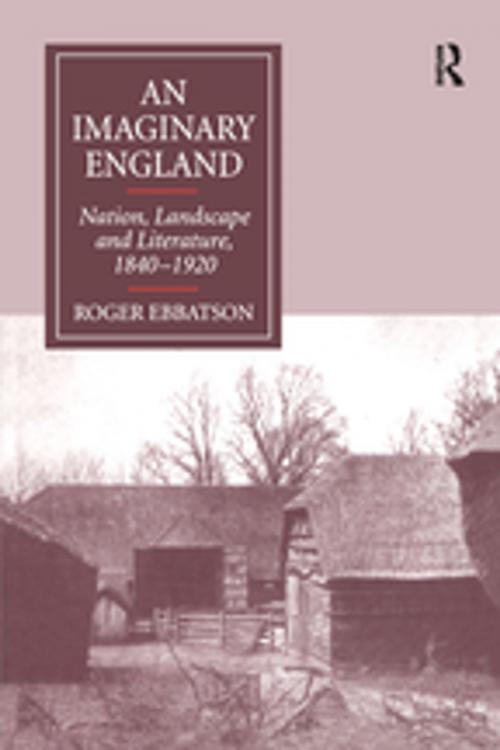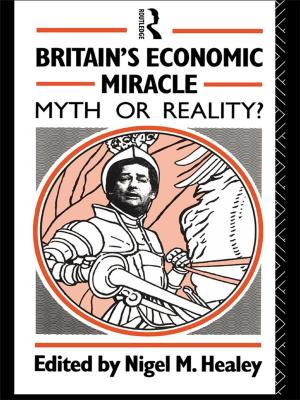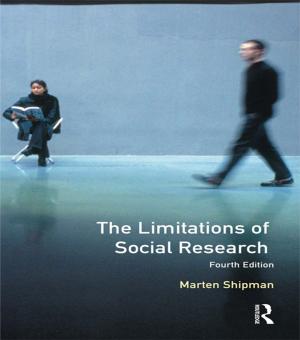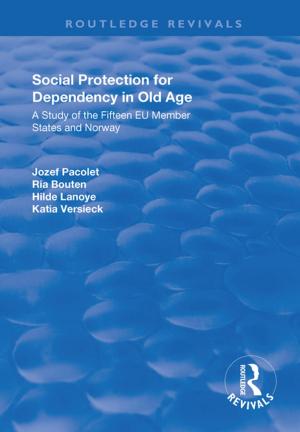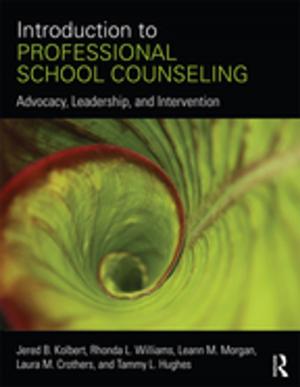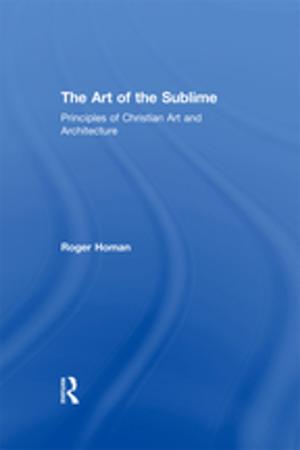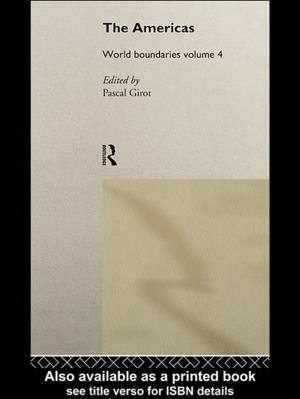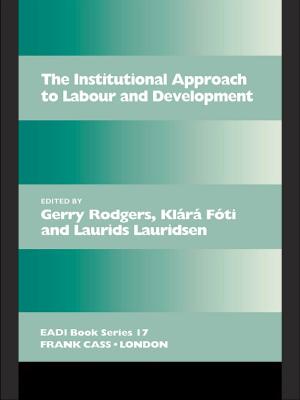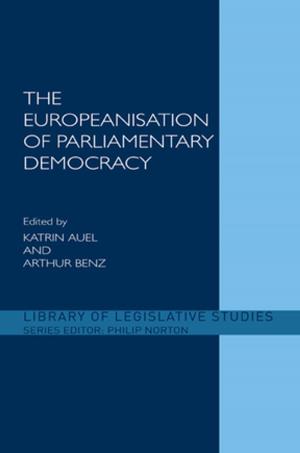An Imaginary England
Nation, Landscape and Literature, 1840–1920
Fiction & Literature, Literary Theory & Criticism| Author: | Roger Ebbatson | ISBN: | 9781351958844 |
| Publisher: | Taylor and Francis | Publication: | July 5, 2017 |
| Imprint: | Routledge | Language: | English |
| Author: | Roger Ebbatson |
| ISBN: | 9781351958844 |
| Publisher: | Taylor and Francis |
| Publication: | July 5, 2017 |
| Imprint: | Routledge |
| Language: | English |
In his highly theorised and original book, Roger Ebbatson traces the emergence of conceptions of England and Englishness from 1840 to 1920. His study concentrates on poetry and fiction by authors such as Alfred Lord Tennyson, Richard Jefferies, Thomas Hardy, Q, Rupert Brooke and D.H. Lawrence, reading them as a body of work through which a series of problematic English identities are imaginatively constructed. Of particular concern is the way literary landscapes serve as signs not only of identity but also of difference. Ebbatson demonstrates how a sense of cultural rootedness is contested during the period by the experiences of those on the societal margins, whether sexual, national, social or racial, resulting in a feeling of homelessness even in the most self-consciously 'English' texts. In the face of gradual imperial and industrial decline, Ebbatson argues, foreign and colonial cultures played a crucial role in transforming Englishness from a stable body of values and experiences into a much more ambiguous concept in continuous conflict with factors on the geographical or psychological 'periphery'.
In his highly theorised and original book, Roger Ebbatson traces the emergence of conceptions of England and Englishness from 1840 to 1920. His study concentrates on poetry and fiction by authors such as Alfred Lord Tennyson, Richard Jefferies, Thomas Hardy, Q, Rupert Brooke and D.H. Lawrence, reading them as a body of work through which a series of problematic English identities are imaginatively constructed. Of particular concern is the way literary landscapes serve as signs not only of identity but also of difference. Ebbatson demonstrates how a sense of cultural rootedness is contested during the period by the experiences of those on the societal margins, whether sexual, national, social or racial, resulting in a feeling of homelessness even in the most self-consciously 'English' texts. In the face of gradual imperial and industrial decline, Ebbatson argues, foreign and colonial cultures played a crucial role in transforming Englishness from a stable body of values and experiences into a much more ambiguous concept in continuous conflict with factors on the geographical or psychological 'periphery'.
